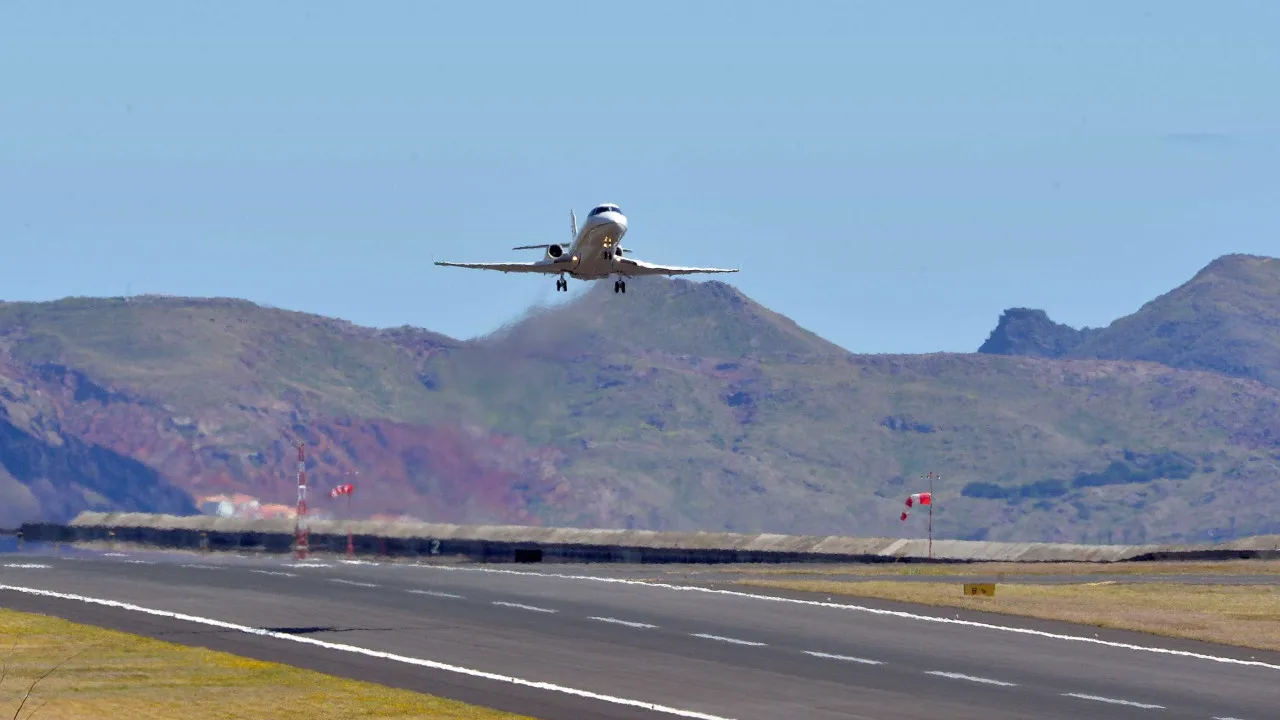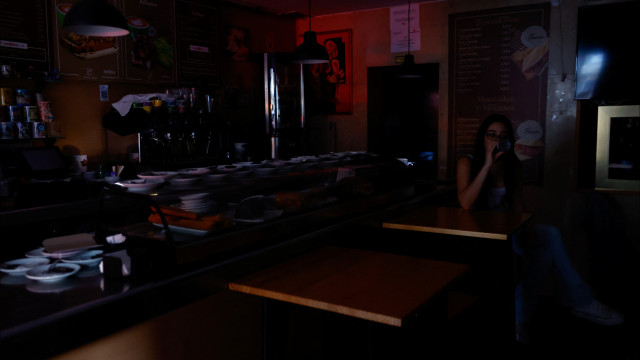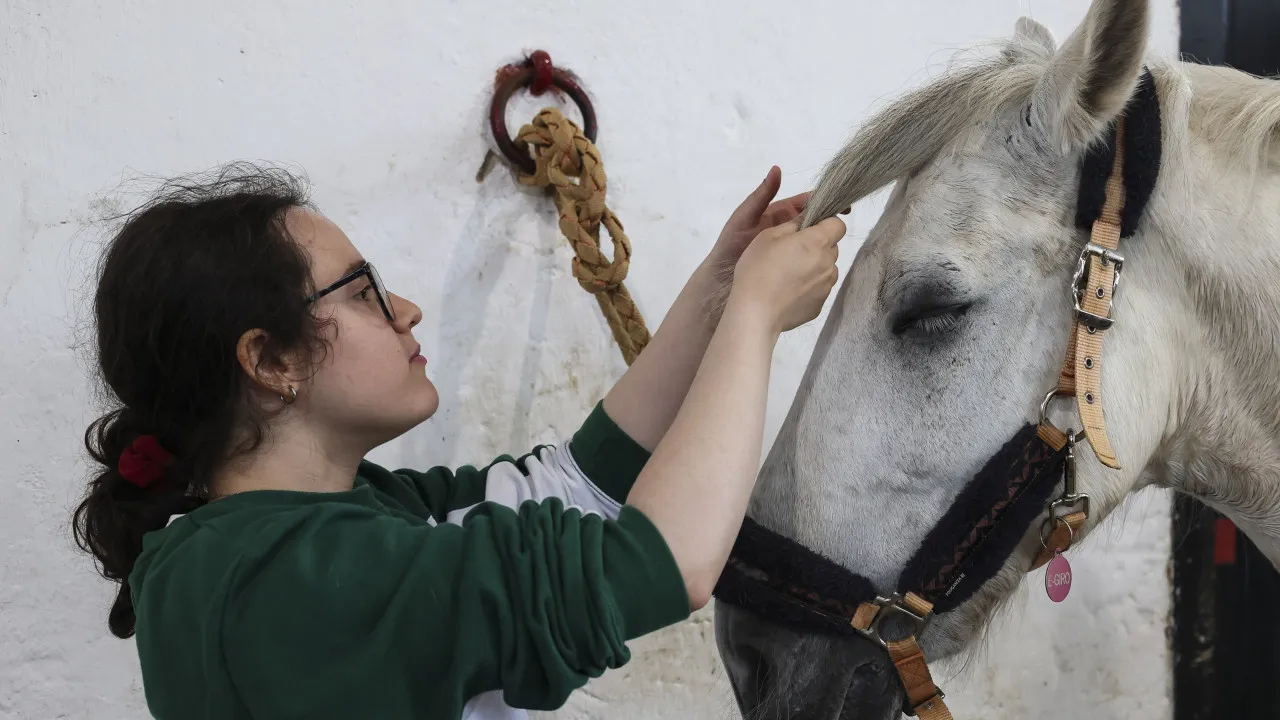The start of the school year is a financially demanding time for families, with Deco Proteste estimating that, on average, each pupil needs around 200 euros a year to buy compulsory school supplies. This figure does not include other expenses associated with education, such as tutoring, clothing, footwear, sports equipment, technology or music.
The Fialho family, who have five children at different stages of schooling, are an example of how reusing and looking for the best prices can help manage this burden. Ester, a kindergarten teacher, and Sandro, a soldier, prepare for the new school year well in advance, starting right at the beginning of the school vacations. At home, the “3R’s” rule – reduce, reuse and recycle – is followed to the letter, with all family members taking part in checking existing school supplies to avoid unnecessary purchases, as they revealed to Jornal de Notícias.
“We only buy the essentials,” explains Ester, 43, who has already established an annual routine of emptying backpacks and pencil cases at the start of the vacations to check what can be reused. This practice saves the family money on school supplies, which are then stored in shelves and boxes to be reused by other siblings.
The president of the National Confederation of Parents’ Associations (Confap), Mariana Carvalho, stressed to the same newspaper the significant impact that the cost of school supplies has on family budgets, especially for those with school-age children. “Many families take advantage of vacation allowances to meet these expenses,” she observes, advising planning ahead to take advantage of promotions and compare prices.
Despite the introduction of free textbooks in 2016, which considerably eased families’ budgets, activity books still represent a significant expense, as Mariana Carvalho points out.
Mariana Ludovino, spokesperson for Deco Proteste, recommends that parents wait for the list of materials sent by teachers at the beginning of the school year, in order to avoid unnecessary purchases and keep spending within the stipulated budget.
In the case of the Fialho family, their youngest daughter, Gabriela, seven, who attends 2nd grade at the Military College in Lisbon, will have higher costs this year. Ester estimates that the textbooks and workbooks alone will cost around 160 euros, plus another 57 euros in new materials, figures calculated with the help of price comparators.
“I usually do this research in the last week of August to find the best prices and avoid wasting time going from store to store,” explains Ester, stressing that the limited family budget also means shopping in different stores. In addition, the family has to consider the fees for sports activities.
Mariana Carvalho recalls that parents can use the support of schools, parents’ associations and local authorities, which in many cases offer financial aid for the purchase of school supplies.
Deco Proteste advocates that all school materials and services necessary for education, such as tutoring, transportation and participation in congresses, should be deductible from the IRS. This long-standing demand continues to be pressed on the government and parliamentary groups so that it is included in the proposed State Budget for 2025, as Mariana Ludovino points out. Mariana Carvalho also advises families to consider buying materials from school stationery shops, which often offer better prices and can benefit from tax deductions.








